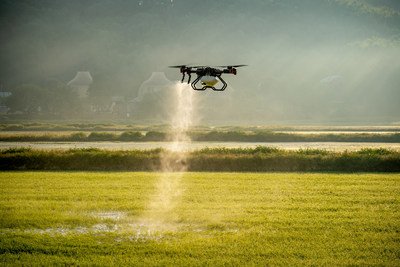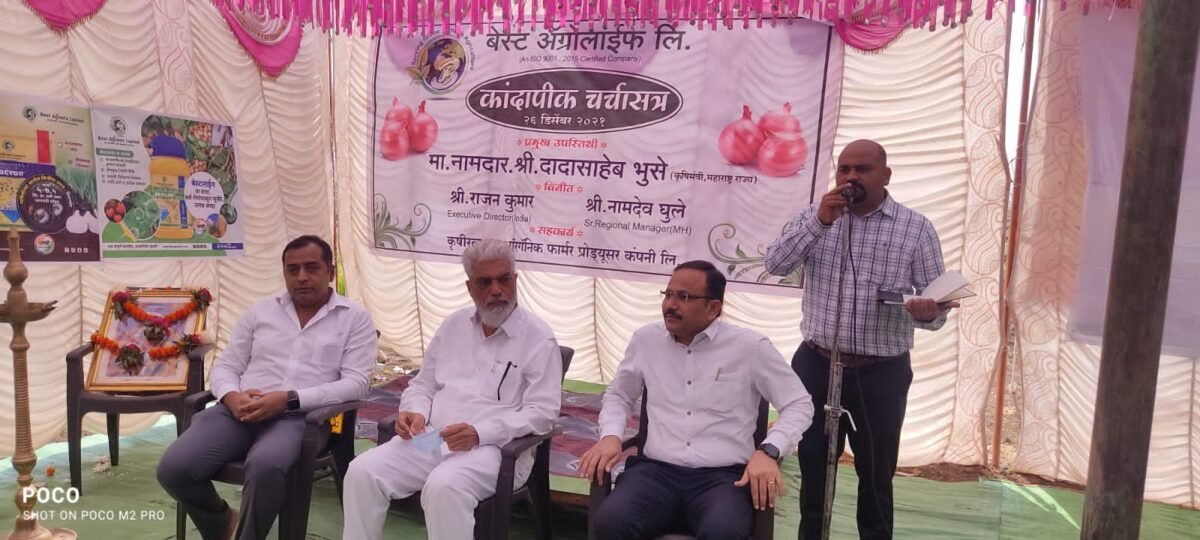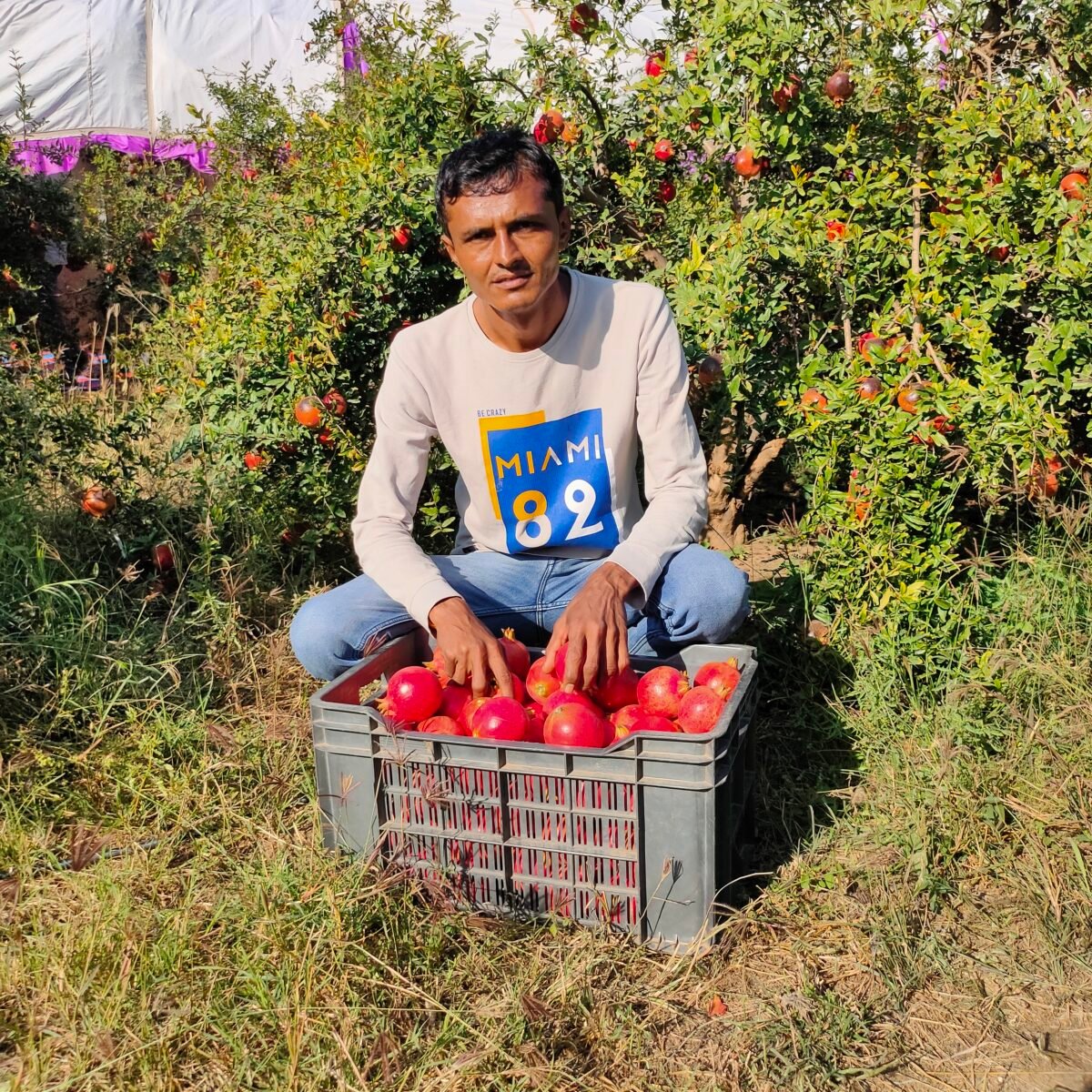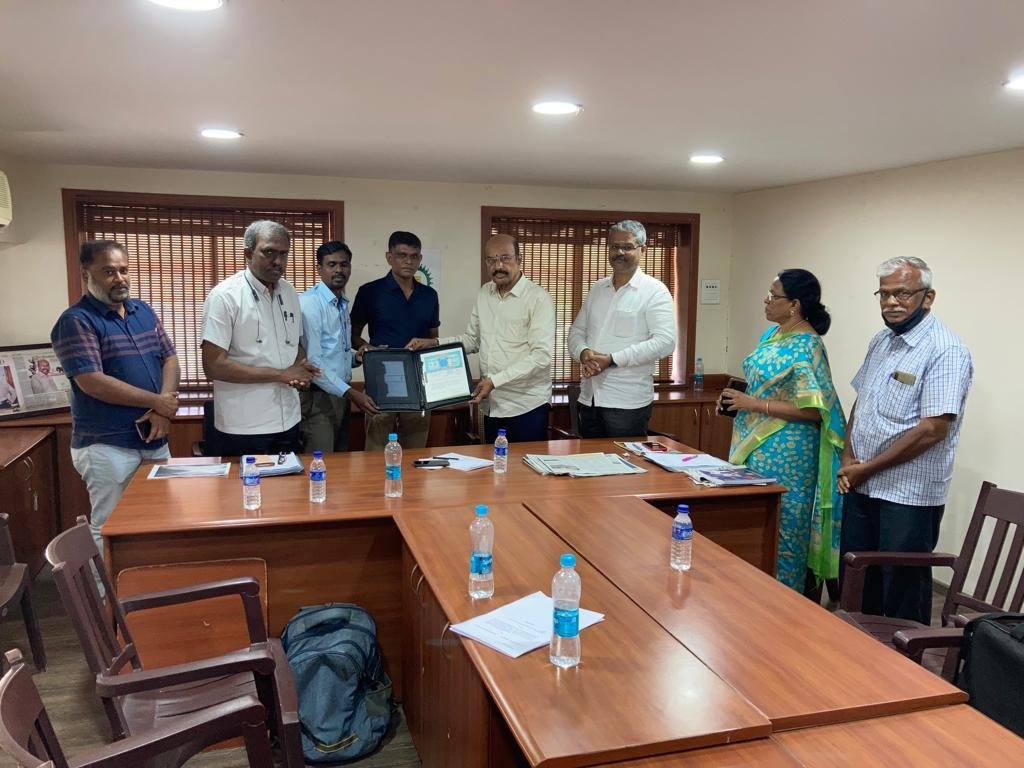Farmmi continues sales expansion with latest win
The latest order for dried mushroom slices is from one of the company’s long-term customers.
Farmmi, Inc, an agriculture products supplier in China, has announced the that the company’s subsidiary Zhejiang Farmmi Biotechnology, has won another new repeat product order. The latest order for dried mushroom slices is from one of the company’s long-term customers, which will export Farmmi’s products to Southampton, England.
Yefang Zhang, Farmmi’s Chairwoman and CEO, commented, “This is another important win for us. It continues the meaningful sales growth trajectory we have been building all year as we leverage our increased investments in sales and marketing to build our global brand, and it also benefited from our consistent product availability due to our strong supply chain relationships. This latest win serves as an example of our successful strategy of working alongside our customers to support them across our broader product line as part of our efforts to increase revenue per customer, while also nurturing the relationships that will drive our longer-term success.”
The latest order for dried mushroom slices














